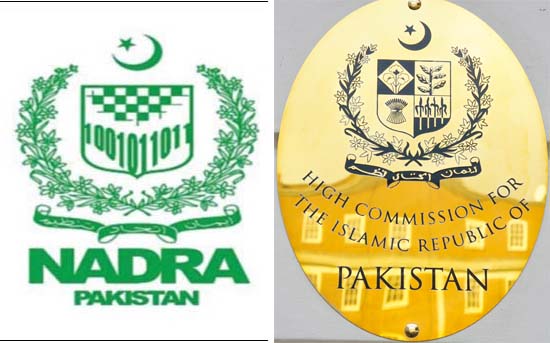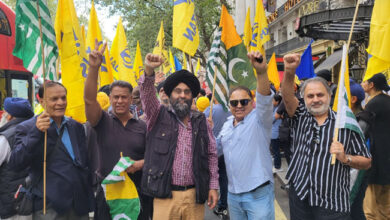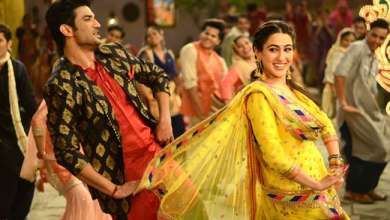International Conference on Allama Iqbal held at the High Commission
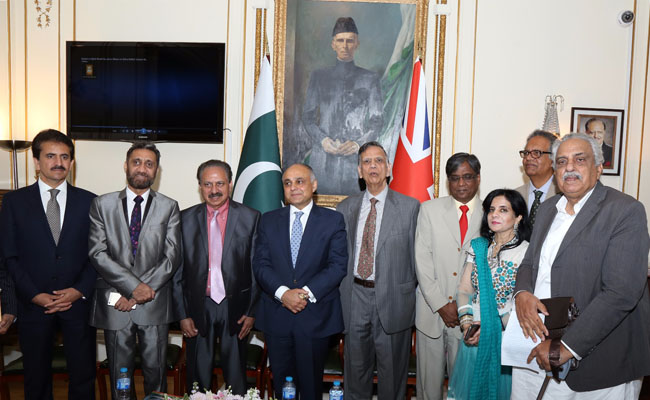
Iqbal’s philosophy is relevant to contemporary age: Syed Ibne Abbas
Iqbal is a poet of humanity, his thought is universal: Speakers
Rich tributes were paid to great philosopher poet Allama Muhammad Iqbal at a day-long International Conference held at the Pakistan High Commission London on 07 July 2018. The Conference was jointly organized by the High Commission and Urdu Markaz London, to commemorate the 80th Death Anniversary of the great poet. Scholars from Pakistan, USA, UK, Germany, Canada and India read out their papers on Iqbal, highlighting various aspects of his poetry and philosophy.

At the start of the Conference, a soft opening of the replica of the Bust of Quaid-i-Azam Muhammad Ali Jinnah took place. H.E. Syed Ibne Abbas, Pakistan High Commissioner to the UK, accompanied by the guest speakers, unfurled the ribbon. The original Bust was installed at Lincoln’s Inn last year.

In his remarks on the occasion, the High Commissioner said: Today, we pay tributes to our two great leaders: Quaid-i-Azam by placing replica of his Bust at the High Commission, and Allama Iqbal by commemorating his great legacy at the day-long International Conference.”

The High Commissioner spoke about various aspects of Iqbal’s thought and specifically emphasized on introducing him to our youth in view of Iqbal’s relevance to the contemporary age. He thanked all the delegates for their well researched papers on Iqbal. The High Commissioner also appreciated Dr Javaid Sheikh, Chairman Urdu Markaz London for his efforts in organizing the Conference.

The speakers, in their elaborate papers, focused on major themes of Iqbal’s poetry and philosophy, i.e. self-realization, faith, respect for humanity and human rights, and his message of inclusiveness and brotherhood.
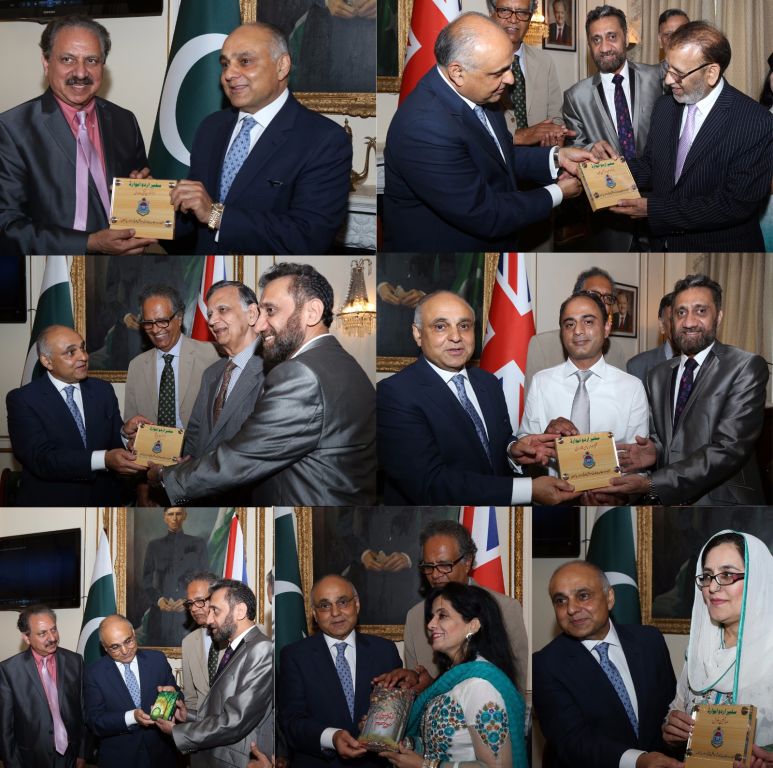
The scholars converged on the point that Iqbal had synthesized all literary traditions and philosophical thought of the Muslims. Being a great genius, Iqbal negotiated with different philosophical traditions put forth by Salahuddin Ayubi, Rumi, Al-Arabi, Al-Farabi, Al-Kindi, Imam Ghazali, Sir Syed Ahmad Khan and Jamaluddin Afghani. He also adopted scientific knowledge emanating from Western modernity. Synthesizing of old and new knowledge and philosophical thought makes Iqbal universal and most relevant to the contemporary age, the speakers said. The scholars said Iqbal’s message was universal and confining him to one territory or nation would be fallacious.
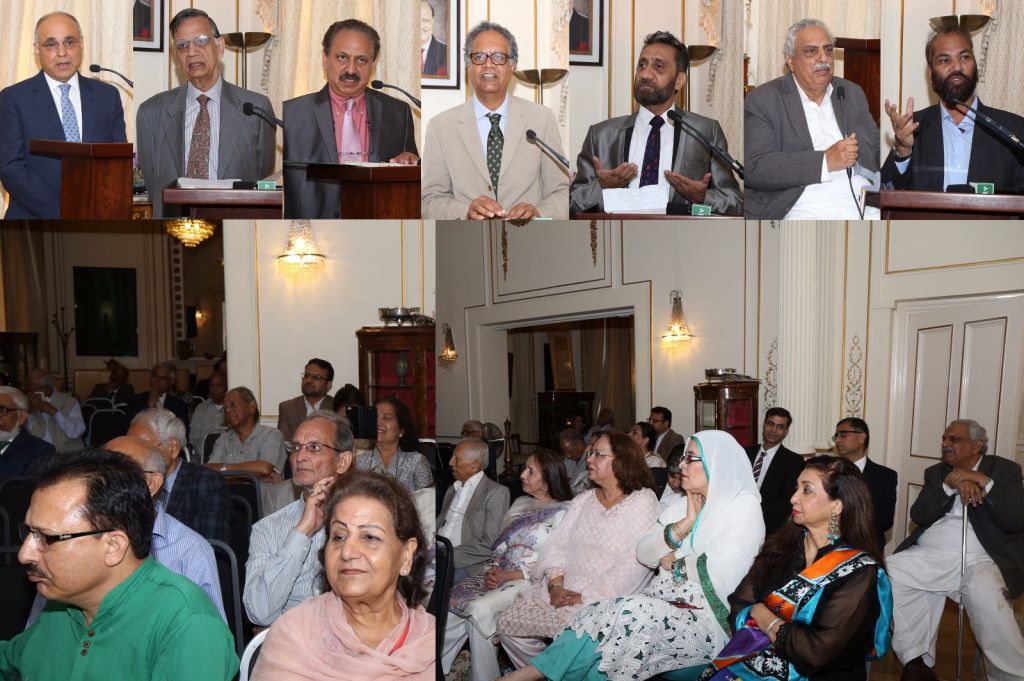
It was expressed that the Holy Quran was the main source of inspiration for Iqbal. Also, it was said, that Iqbal looks at Islam as civilization.
According to the speakers, Iqbal stands for inclusiveness and encourages acquiring modern knowledge. It was also opined that through Muslim modernism, forces of extremism and exclusion can be countered effectively.
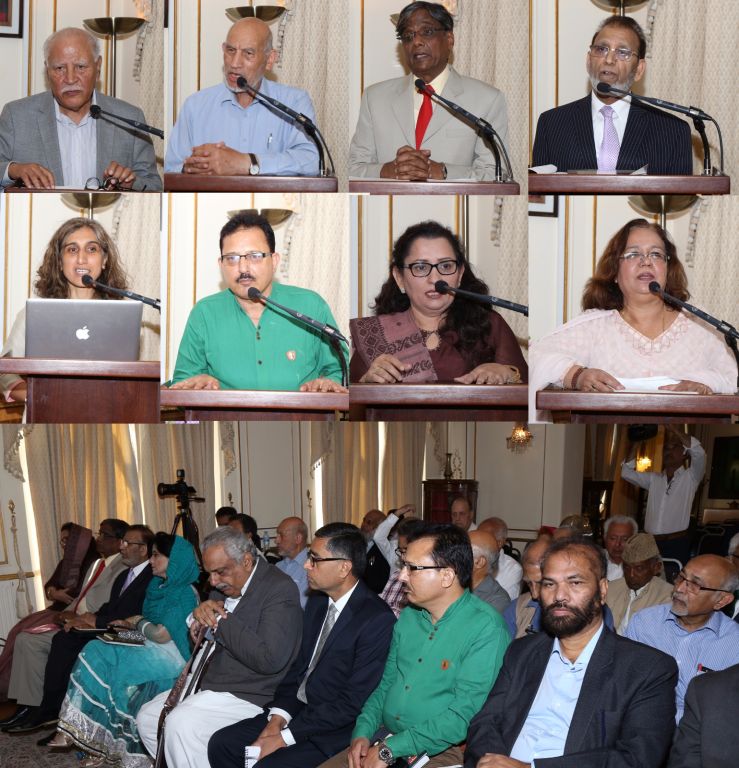
The speakers included: Dr Taqi Abedi (Ontario, Canada), Professor Iftikhar Malik (University of Bath, UK), Dr Abdur Rehman (USA), Dr Amina Yaqeen (SOAS), Advocate Khalil ur Rehman (Delhi, India), Professor Ekramuddin (JNU, Delhi), Prof Sharif Baqa, Dr Ikram Chaghtai (Germany), Dr Kamran (Oriental College, Punjab University, Lahore), Mrs Saima Kamran (Punjab University, Lahore), Mr Shohab Inayat Malik (Jammu University, India), Raza Ali Abidi (London), Dr Fatema Hassan (Karachi, Pakistan), Dr Nusrat Mehdi and Dr Javaid Sheikh (London). Dr Javaid Sheikh, Chairman Urdu Markaz London moderated the Conference.
At the end, an Urdu Mushaira was held in which some delegates and local poets presented their poetry. The poets received huge applause for their beautiful poetry. They included: Dr Fatima Hassan, Ghazal Ansari, Nasira Zuberi, Aqeel Danish, Abdur Rehman Abd, Dr Taqi Abedi, Khalil ur Rehman, Muhammad Kamran, Nusrat Mehdi, Saima Kamran, Qaisar Zaidi, Faizan Arif, Hilal Farid, Sohail Zarrar, Yashab Tamanna and Shehzad Arman. Poet Faizan Arif moderated the Mushaira.
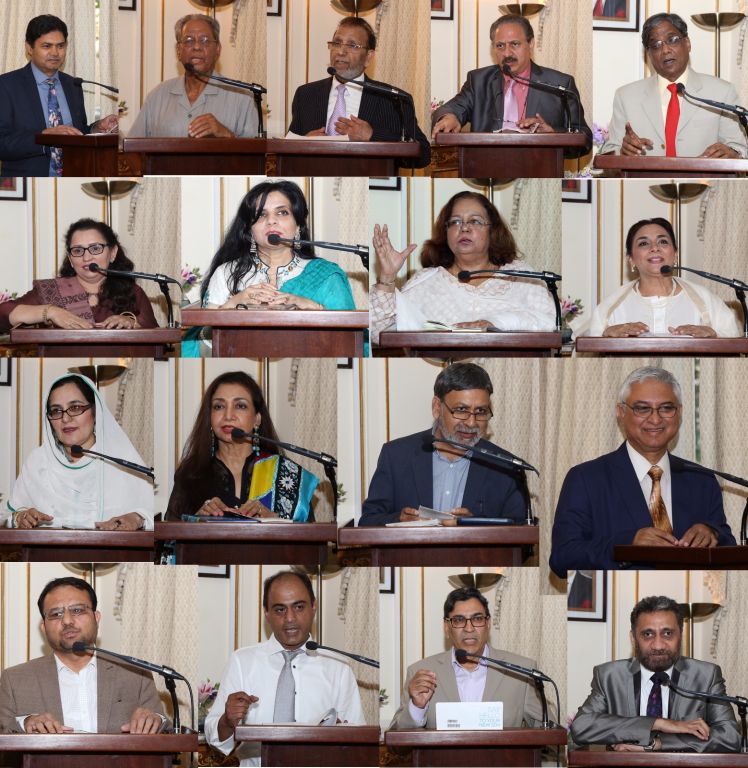
Famous Broadcaster Durdana Ansari OBE presented Iqbal’s poetry in her melodious voice.
The Conference reconnected the audience with Iqbal once again. The High Commission will publish the papers presented at the Conference in a booklet.

